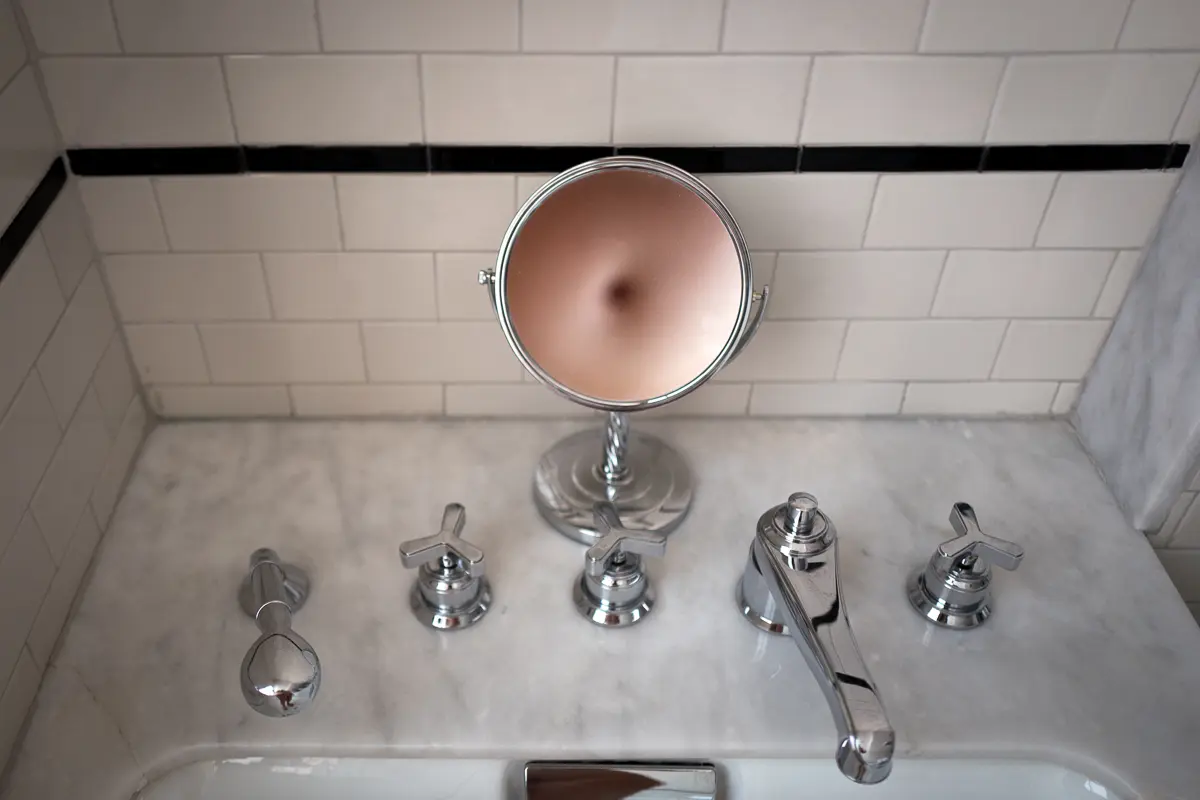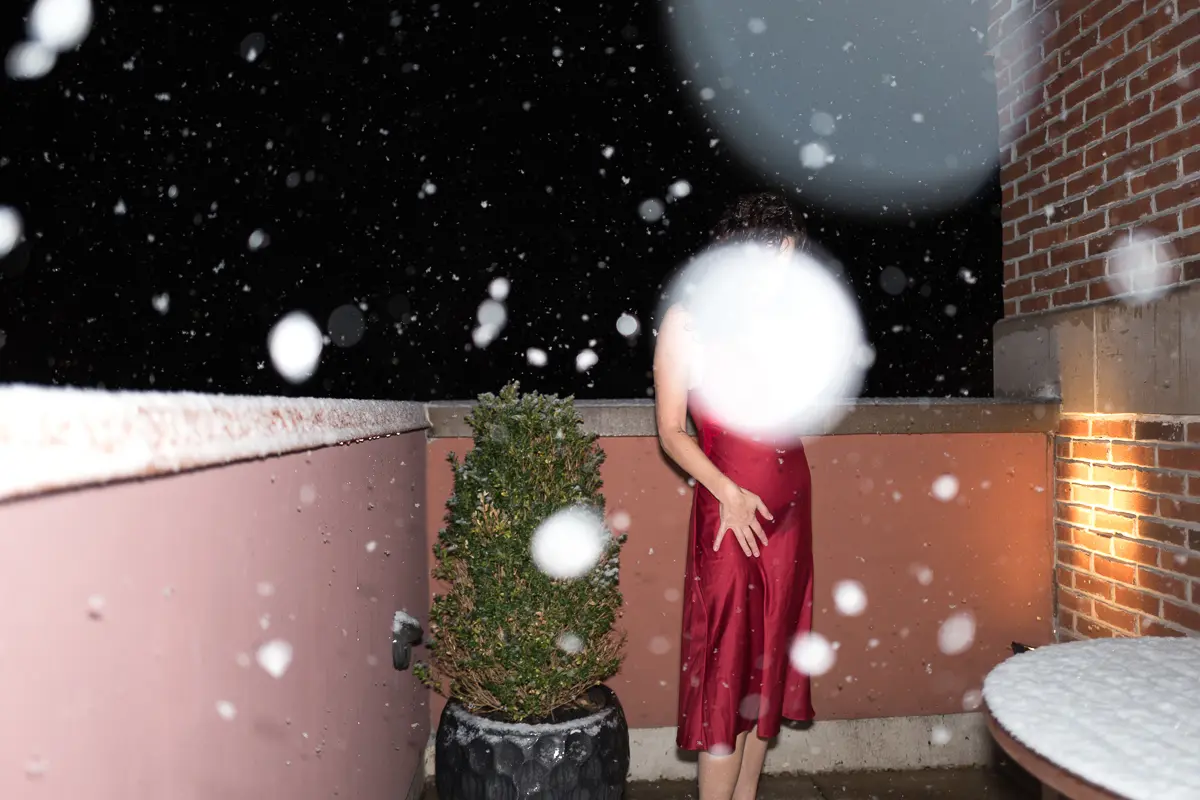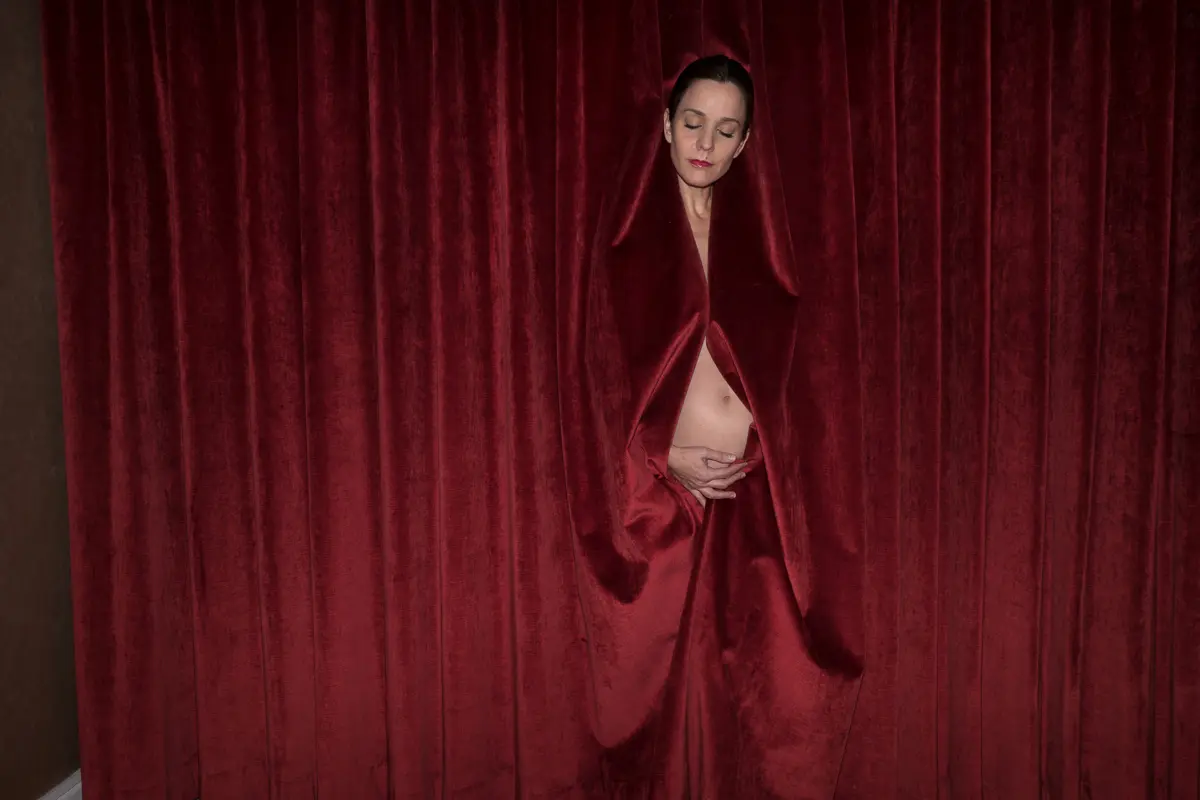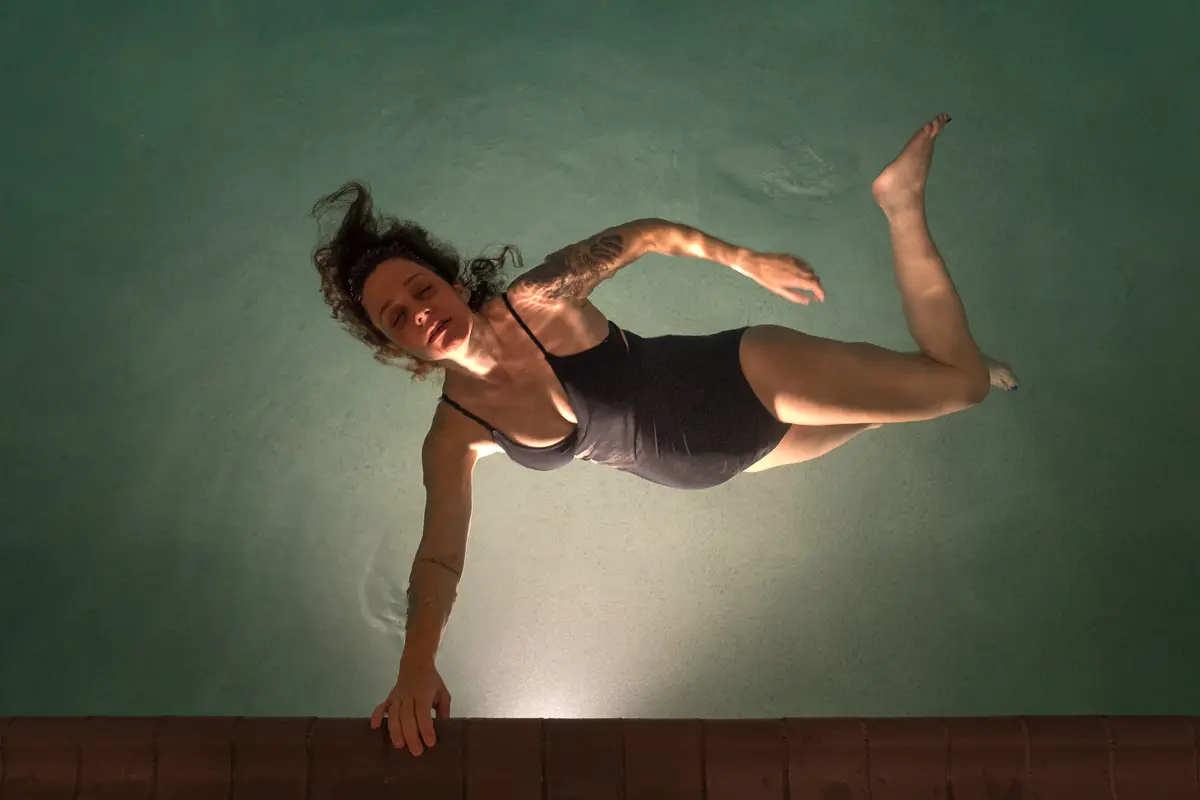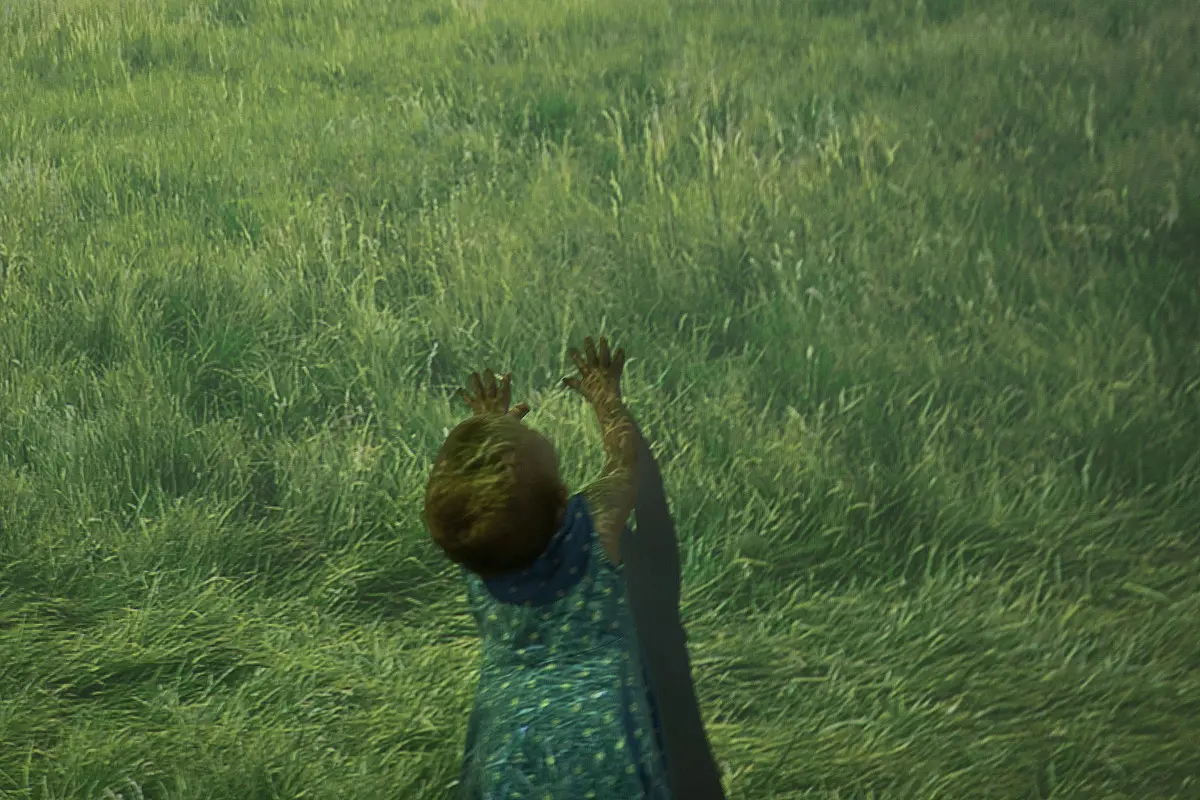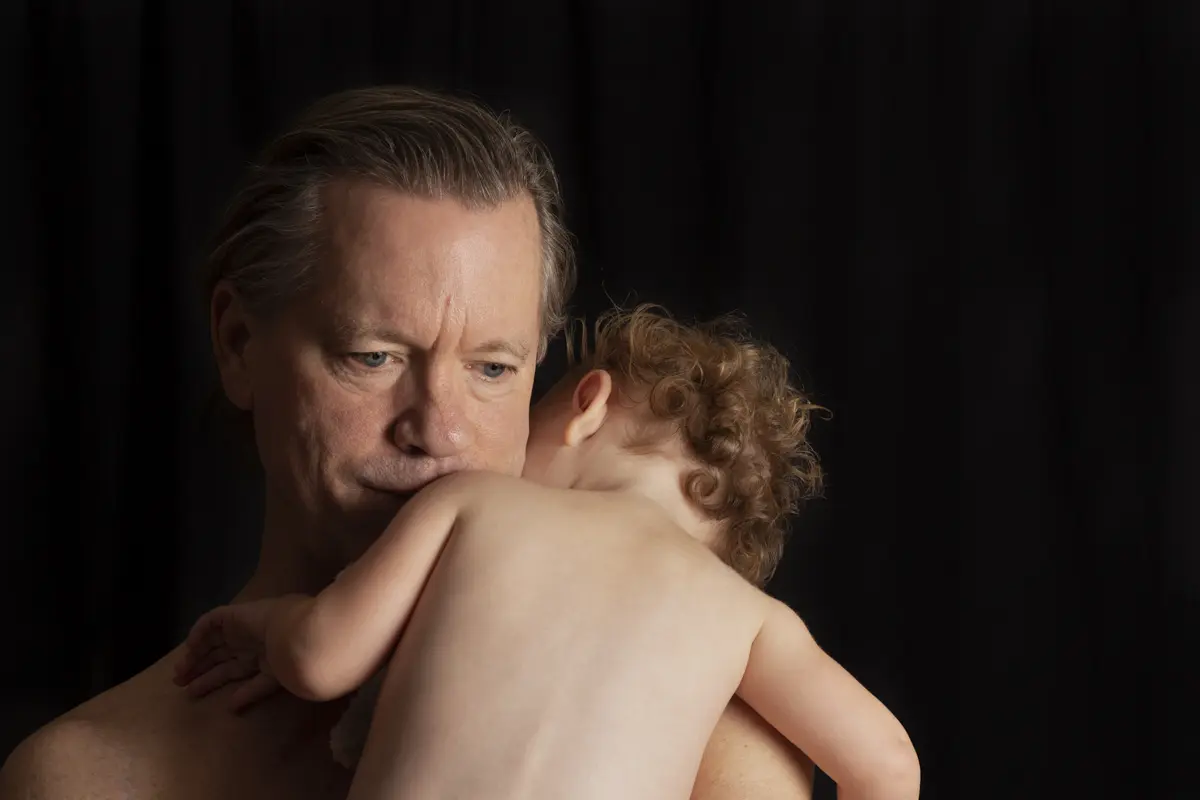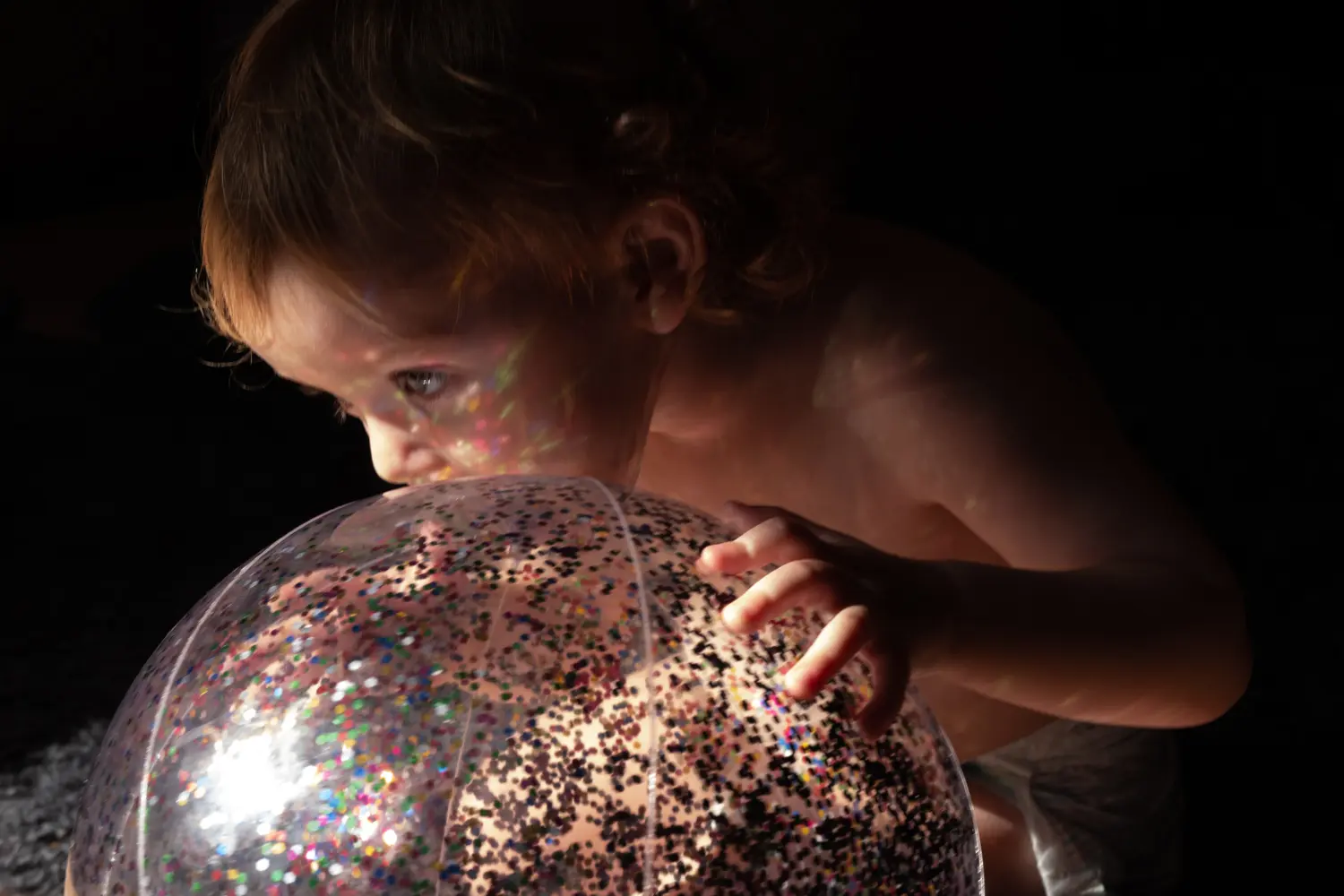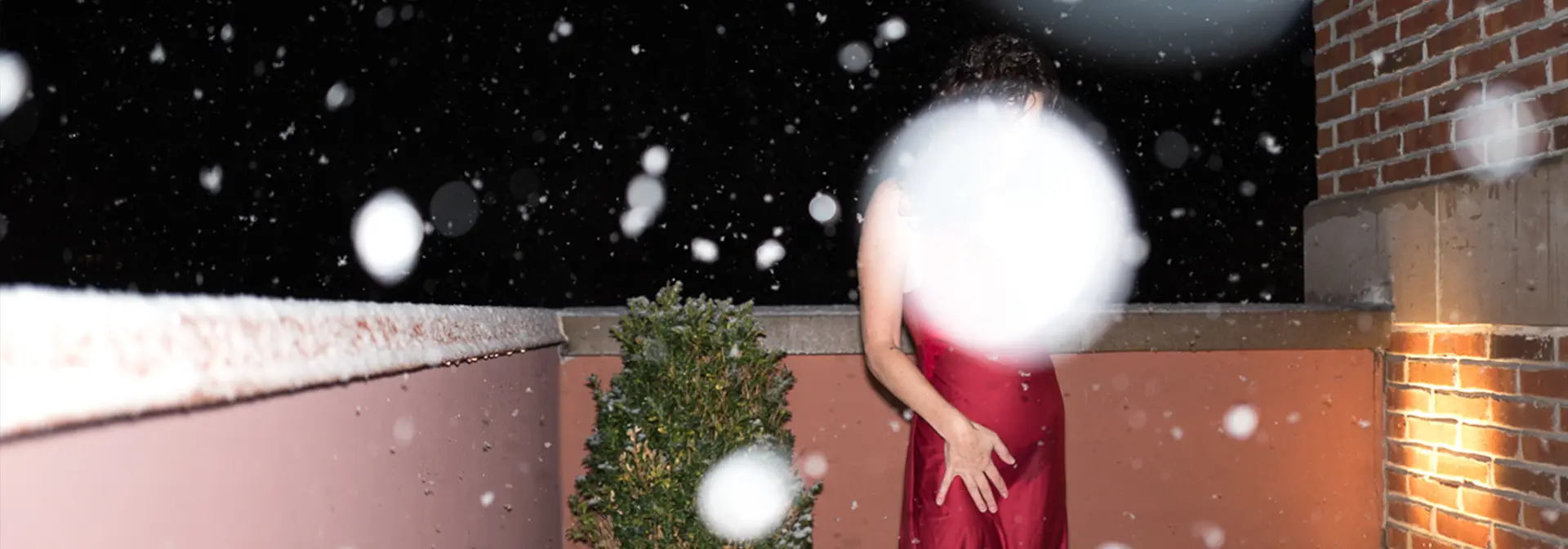
Her Legacy
Jennifer McClure
NYC-based fine art photographer, Jennifer McClure shares her perspective on photography while discussing the inspiration that drives her portrait work. Find passion in the making of a portrait through her story, or explore different approaches to making your own self-portraits with Jennifer in our Leica Akademie online workshop on May 21-24, 2020. Learn more about her online workshop here.
1. Tell us the story behind the first image you ever made.
We lived in Japan for a year when I was around eight years old. One day my dad gave my brother and me his precious Pentax K-1000 to finish out a roll of film. We walked out to the rice paddies behind our house and discussed the photos we would make in great detail. We were very close, and naturally we photographed each other. He art directed his and told me when to press the shutter; I did the same for him. I took both my first photo and first composed self-portrait that day.
2. What are some of the challenges you’ve encountered in your visual storytelling, and how did you approach these issues?
I have a hard time translating a feeling into a concrete photograph. Sometimes I know what color the feeling is, whether it’s light or dark, but I can’t think of what exactly to photograph. And if I try to act it out, it comes across as forced or exaggerated. I usually go ahead and shoot the bad acting, and then look for visual clues in those photos to follow. I’ll see a gesture I hadn’t planned on doing, or I’ll see the way the light hits my daughter’s hand. Then, I’ll keep shooting that until I’ve exhausted the possibilities. I shoot every idea I have for a long time before I try to do an edit. I trust that it will all make sense in the end.
3. What is a piece of advice offered to you, related to photography, that has been most valuable to you?
“The more specific you are, the more general it’ll be.” – Diane Arbus
I first heard this in Amy Arbus’ portrait class at ICP. I thought I had to make photos that everyone would like. This quote and Amy’s class showed me that if I make photos that I like and that are true to my experience, someone else will inevitably relate.
4. Of all the projects you have worked on, which one left an indelible impression on your current point of view?
I have a project called “You Who Never Arrived” about my failed relationships and tendency to live in a fantasy world. That was not the project I had intended to make. I thought I would find out what all the men I had dated had in common so I could avoid that in the future. I learned that if I am brave and follow my instincts, my photographs can teach me something about myself. Now I make projects about what makes my heart break or sing, and I begin work knowing that I don’t have an ending yet.
5. Of all the images you have made, which one is most important to you?
My brother died of cancer two years ago. I was six months pregnant. I went to see him in the hospital shortly before he died. I had no idea that death was even a possibility, or perhaps I was too blindly optimistic to accept it. He was my best friend. He was too weak to speak but he called me over and asked to touch my belly. He closed his eyes for a long time, and I took a photo with my phone. I thought he was greeting my daughter. I can see now that he was also saying goodbye. I’ll never know what passed between them, but I’ll always have that photo of the moment they met.
6. What image do you see but have not yet created?
I see my daughter, my husband and myself, holding each other. The light is golden, heading towards dark. The shot is tight and we don’t see everyone fully. Parts of each of us making a whole.
7. What are some of the challenges female photographers face when trying to make it?
Female photographers often choose to tell “different” stories, in different ways. The history of photography has been dominated by men, therefore, the male point of view is considered universal. Women have been underrepresented in the field. They are not deviating from the model; they were never considered in the making of the model. This is true for people of color as well. So now we have to insist that our stories are legitimate and worthwhile. And we have to convince people that the “universal” no longer exists. There are many ways to make work and many audiences for whom it is made. Being frank with people about the narrowness of their views is difficult but ultimately leads us on a stronger and more creative path.
8. What is one piece of advice you’d like to offer to photographers?
Be brave and vulnerable. When shooting portraits, always put yourself in the position of the person you are photographing. Give something of yourself. You are not there only to take.
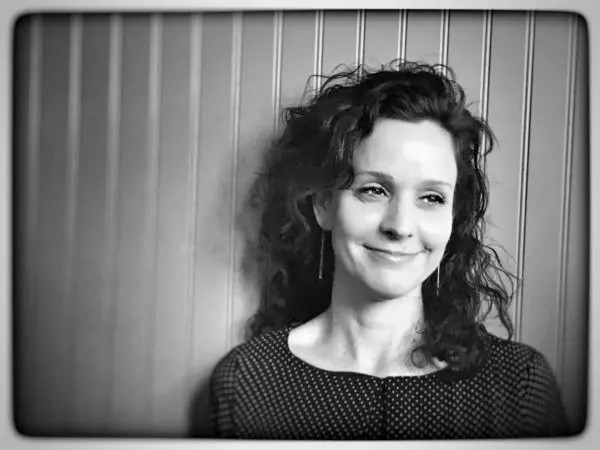
Connect with Jennifer
Her story doesn't end here.
Continue the journey with Jennifer on social media:
Instagram: @jmcclurephoto
Facebook: Jennifer McClure
Website: www.jennifermcclure.com
